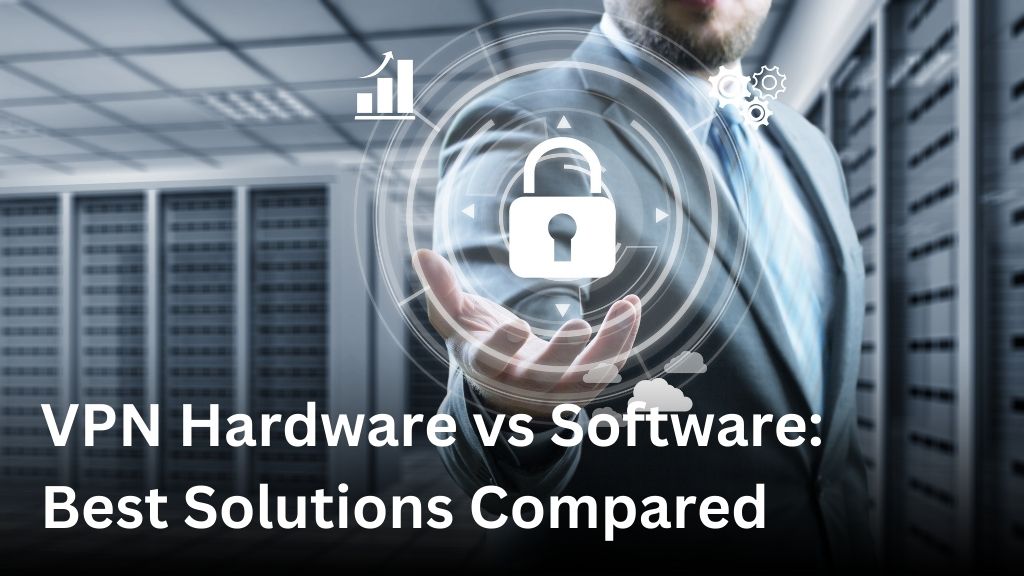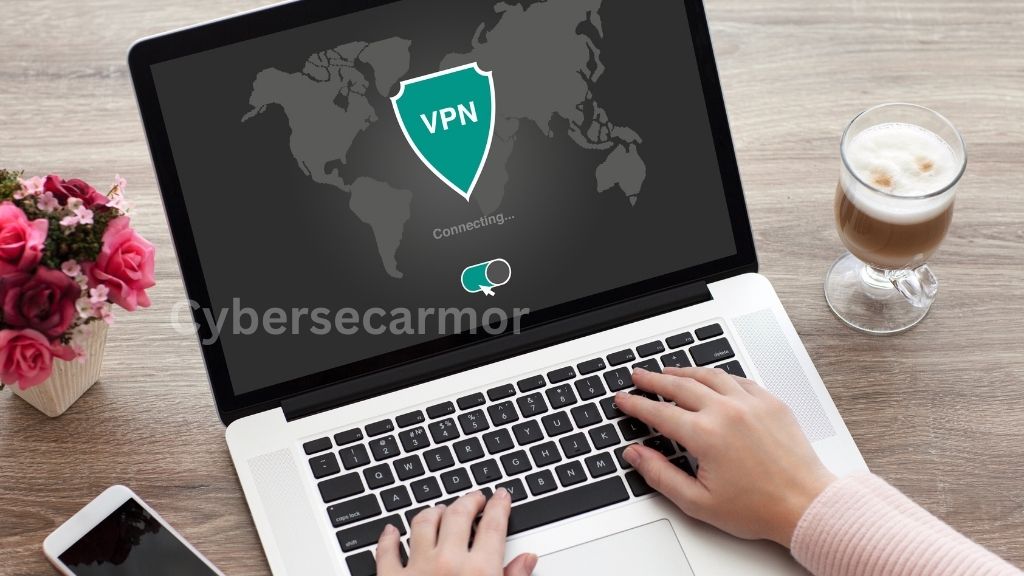VPN Hardware vs Software: Best Solutions Compared

Virtual Private Network (VPN) solutions come in two primary forms: hardware and software. While both aim to provide secure and private internet connections, they differ significantly in terms of implementation, features, and suitability for various use cases. In this article, we’ll explore the advantages of each option and help you decide which one is the right choice for you.
Benefits of VPN Hardware
VPN hardware typically refers to physical devices designed to provide VPN functionality. These devices are often installed at the network gateway and serve as dedicated appliances for encrypting and routing internet traffic. One of the key benefits of VPN hardware is its robustness and reliability. Since these devices are purpose-built for VPN functionality, they often offer superior performance and stability compared to software-based solutions.
Another advantage of VPN hardware is its scalability. Many VPN appliances are designed to support large numbers of users simultaneously, making them ideal for businesses and organizations with extensive network infrastructure. Additionally, VPN hardware may offer advanced features such as load balancing, failover protection, and intrusion detection, further enhancing security and resilience.
Benefits of VPN Software

VPN software, on the other hand, refers to applications that run on standard computing devices such as computers, smartphones, and tablets. While VPN software may lack the physical robustness of hardware appliances, it offers several distinct advantages, particularly in terms of flexibility and accessibility.
One of the primary benefits of VPN software is its versatility. With VPN apps available for a wide range of operating systems and devices, users can easily install and configure VPN software on their preferred platforms. This flexibility allows individuals to protect their internet traffic on any device, whether they’re at home, in the office, or on the go.
Performance
When it comes to performance, both VPN hardware and software have their strengths and weaknesses. VPN hardware often excels in terms of raw throughput and processing power, thanks to dedicated hardware components optimized for VPN encryption and decryption. As a result, VPN hardware is well-suited for high-volume network environments where speed and reliability are paramount.
However, VPN software has made significant strides in recent years, with many modern applications leveraging optimized encryption algorithms and efficient protocols to deliver impressive performance on standard computing devices. While software-based VPN solutions may not match the raw performance of dedicated hardware appliances, they can still provide satisfactory speeds for most users’ needs.
Security
Security is a critical consideration when choosing between VPN hardware and software. Both options aim to encrypt internet traffic and protect sensitive data from interception, but they may employ different approaches to achieve this goal. VPN hardware often includes dedicated encryption hardware and firmware-level security features, making it inherently more secure against certain types of attacks.
On the other hand, VPN software relies on the security measures built into the underlying operating system and application stack. While this approach can be effective when properly configured, software-based VPNs may be more vulnerable to vulnerabilities in the operating system or application code. Additionally, software-based VPNs may be susceptible to malware and other threats that target the host device.
Ease of Use
When it comes to ease of use, VPN software has a clear advantage over hardware appliances. Software-based VPNs typically offer intuitive user interfaces and straightforward setup processes, allowing even novice users to configure and activate VPN connections with minimal hassle. Additionally, many VPN apps include features such as one-click connection, automatic server selection, and built-in troubleshooting tools to streamline the user experience further.
In contrast, VPN hardware may require more technical expertise to deploy and manage effectively. Configuring network settings, updating firmware, and troubleshooting connectivity issues can be more challenging with hardware appliances, especially for users without a background in networking or IT administration.
Cost
Cost is another factor to consider when choosing between VPN hardware and software. While the initial investment in VPN hardware may be higher due to the purchase of physical appliances, ongoing costs such as maintenance, upgrades, and licensing fees may be lower in the long run. Additionally, VPN hardware typically offers predictable pricing models with one-time or subscription-based pricing options.
In contrast, VPN software often involves lower upfront costs, as users can install and configure applications on existing devices without purchasing additional hardware. However, ongoing costs such as subscription fees, data usage charges, and premium feature upgrades may add up over time, particularly for users with multiple devices or advanced security requirements.
Conclusion
In conclusion, the decision between VPN hardware and software ultimately depends on your specific needs, preferences, and technical expertise. VPN hardware offers robustness, scalability, and security but may require more
technical expertise and upfront investment. On the other hand, VPN software provides flexibility, ease of use, and lower initial costs but may lack the performance and security features of dedicated hardware solutions.
Before making a decision, carefully evaluate your requirements in terms of performance, security, scalability, and budget. Consider factors such as the size of your network, the sensitivity of your data, and the level of technical support available to you. Additionally, take advantage of free trials or demo versions to test different VPN solutions and determine which one best meets your needs.
FAQs
Can I use both VPN hardware and software together?
Yes, some organizations deploy hybrid VPN solutions that combine hardware appliances at the network perimeter with software-based VPN clients on individual devices for added security and flexibility.
Are VPN hardware appliances suitable for home use?
While VPN hardware appliances are typically designed for enterprise environments, some consumer-grade routers include built-in VPN capabilities that can be configured for home use.
Do VPN software providers offer technical support?
Yes, many VPN software providers offer technical support to help users set up and troubleshoot their VPN connections. Be sure to check the support options available before choosing a VPN solution.
Can VPN hardware be integrated with existing network infrastructure?
Yes, most VPN hardware appliances are designed to integrate seamlessly with existing network infrastructure, allowing organizations to deploy VPNs without significant changes to their network topology.
What factors should I consider when choosing a VPN solution?
When choosing a VPN solution, consider factors such as security features, performance, ease of use, scalability, and cost. Assess your specific requirements and evaluate different options to find the best fit for your needs.
